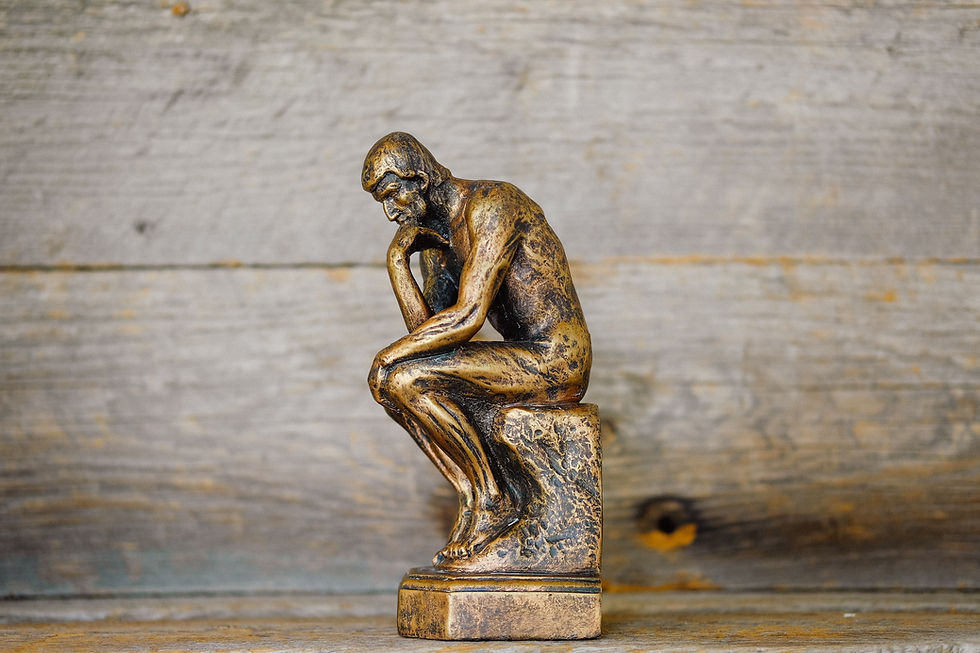Common misconception about Reiki
- Kiran Thakur
- Aug 9, 2024
- 1 min read
There are several common misconceptions about Reiki. Here are a few of the most prevalent ones:
Reiki is a Religion: Many people mistakenly believe that Reiki is a religious practice. In reality, Reiki is a holistic healing technique that transcends religious boundaries and does not require adherence to any particular belief system.
Reiki Offers a Cure: Another misconception is that Reiki can cure specific ailments. Reiki is not a cure but a complementary therapy that supports the body’s natural healing processes and promotes overall well-being.
Reiki Isn’t Real: Some skeptics dismiss Reiki as pseudoscience. However, Reiki draws on energy principles similar to those used in practices like yoga and acupuncture. Many individuals report feeling more relaxed and less stressed after sessions.
Reiki is Scary or Unknown: Some people find Reiki intimidating or mysterious. In truth, Reiki is a gentle, non-invasive technique aimed at reducing stress and promoting relaxation.
Reiki Practitioners Use Their Own Energy: It’s a common myth that practitioners deplete their own energy to heal others. In fact, Reiki practitioners act as conduits for universal energy, facilitating its flow without using their own energy.
Reiki is a Form of Massage: Reiki is often confused with massage, but it does not involve physical manipulation of the body. Instead, it focuses on energy flow and balance.
Reiki is Only for the Sick: While Reiki can benefit those with health issues, it is also used by healthy individuals to maintain balance and well-being.
Understanding these misconceptions can help you appreciate the true nature and benefits of Reiki. Have you ever tried Reiki or considered it for your well-being?




Comments